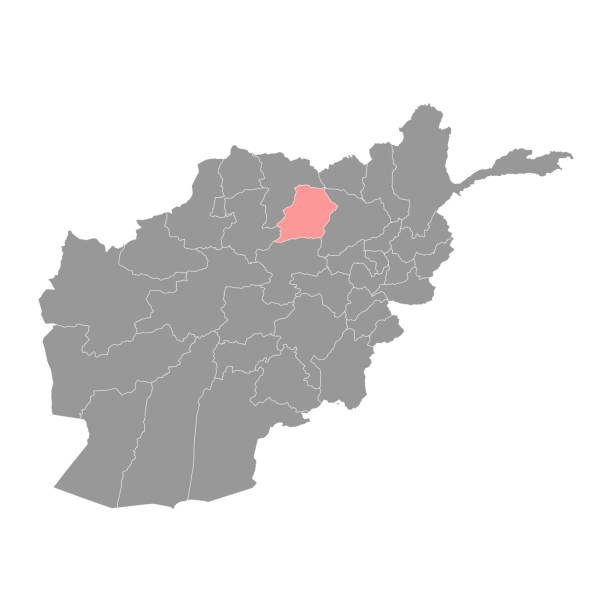Overview
Samangan is one of the 34 provinces of Afghanistan. It is located in the north-central part of the country, bordered by Baghlan to the east, Bamyan to the south, Sar-e Pol to the southwest, and Balkh to the northwest. Samangan has a population of about 572,000 people, with the capital being Aybak. The economy of Samangan is primarily based on agriculture. Livestock, including sheep, goats, and cattle, are also important sources of income. There is some mining in the province, but it is not a major economic activity. In recent years, Samangan has been affected by conflict and insecurity. The Taliban has been active in the province, and there have been frequent clashes between the Taliban and government forces. The conflict has had a devastating impact on the civilian population, and many people have been displaced from their homes. Despite the challenges, the people of Samangan are resilient and determined, and they are working to rebuild their lives after years of conflict.
Ethnic and Cultural Diversity
Samangan is home to a diverse population representing various ethnic groups. The major ethnic communities in the province include Pashtuns and Tajiks. Each group has its distinct cultural practices and traditions. Sunni Muslims and Shi’a Muslims are the practicing religious groups within the region. A 2017 report from the Naval Postgraduate School names the following ethnic groups in Samangan: Uzbeks (30%) and Tajiks (65%), with some Pashtuns, Hazaras, Arabs, and Tatars.
Marriage & Divorce Statistics
My research did not reveal specific data for marriages in Samangan. However, I was able to identify a more general report from the United States government covering human rights practices in Afghanistan. Afghan law sets the minimum legal age of marriage at 16 for girls and 18 for boys. However, child marriage remains a widespread problem in Afghanistan, fueled by poverty and traditional practices and even preventing. While divorce is technically legal in Afghanistan, it is difficult for women to obtain. Men can divorce their wives without a court order, while women face significant social and legal obstacles when seeking a divorce.
Family Life in Samangan
A 2021 report by IOM Afghanistan notes that 18% of households are living in damaged shelters. Additionally, unemployment is 76% for men and 90% for women. It also notes that 27% of children are not attending school. The most common reasons reported for children not attending school are that the school is too far away, there are no female teachers available, or the family does not allow the child to attend. Despite the challenges they face, the families in Samangan are resilient and resourceful. They are working to improve their lives and the lives of their children.
Conclusion
Family life in Samangan, Afghanistan, is characterized by a rich blend of cultural practices, traditions, and values from various ethnic groups. Understanding and appreciating these diverse family dynamics are crucial for fostering unity and promoting cultural understanding in this culturally diverse region.





